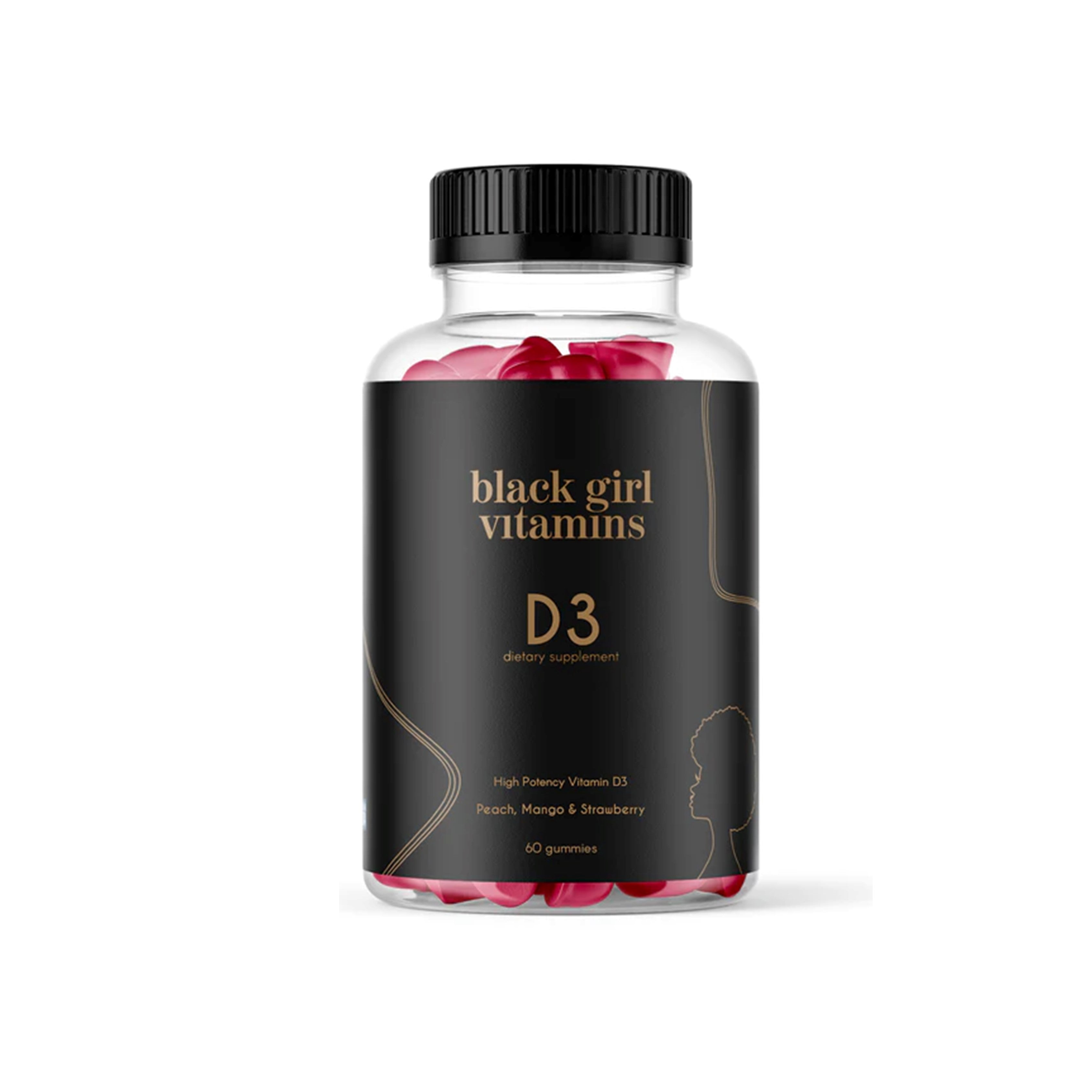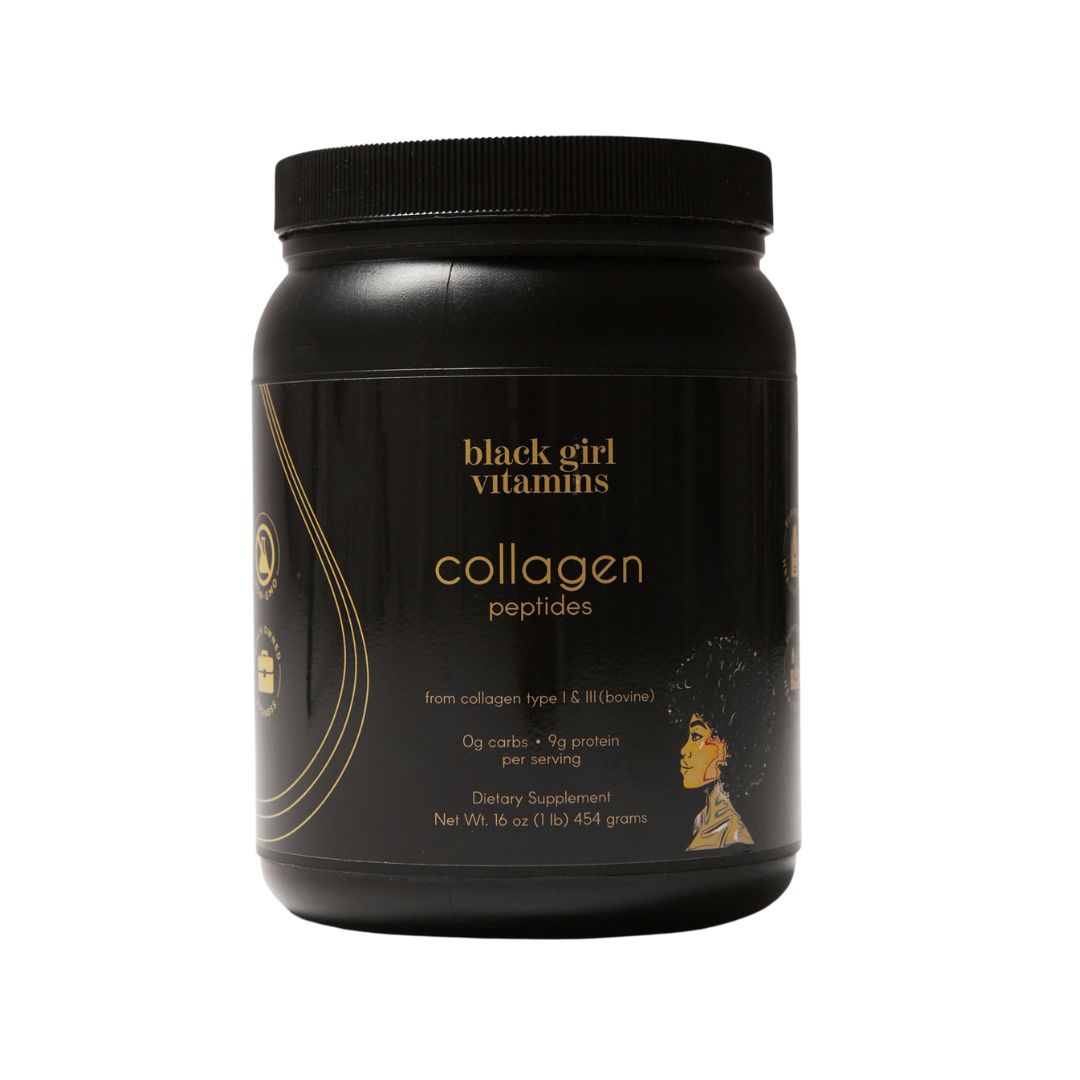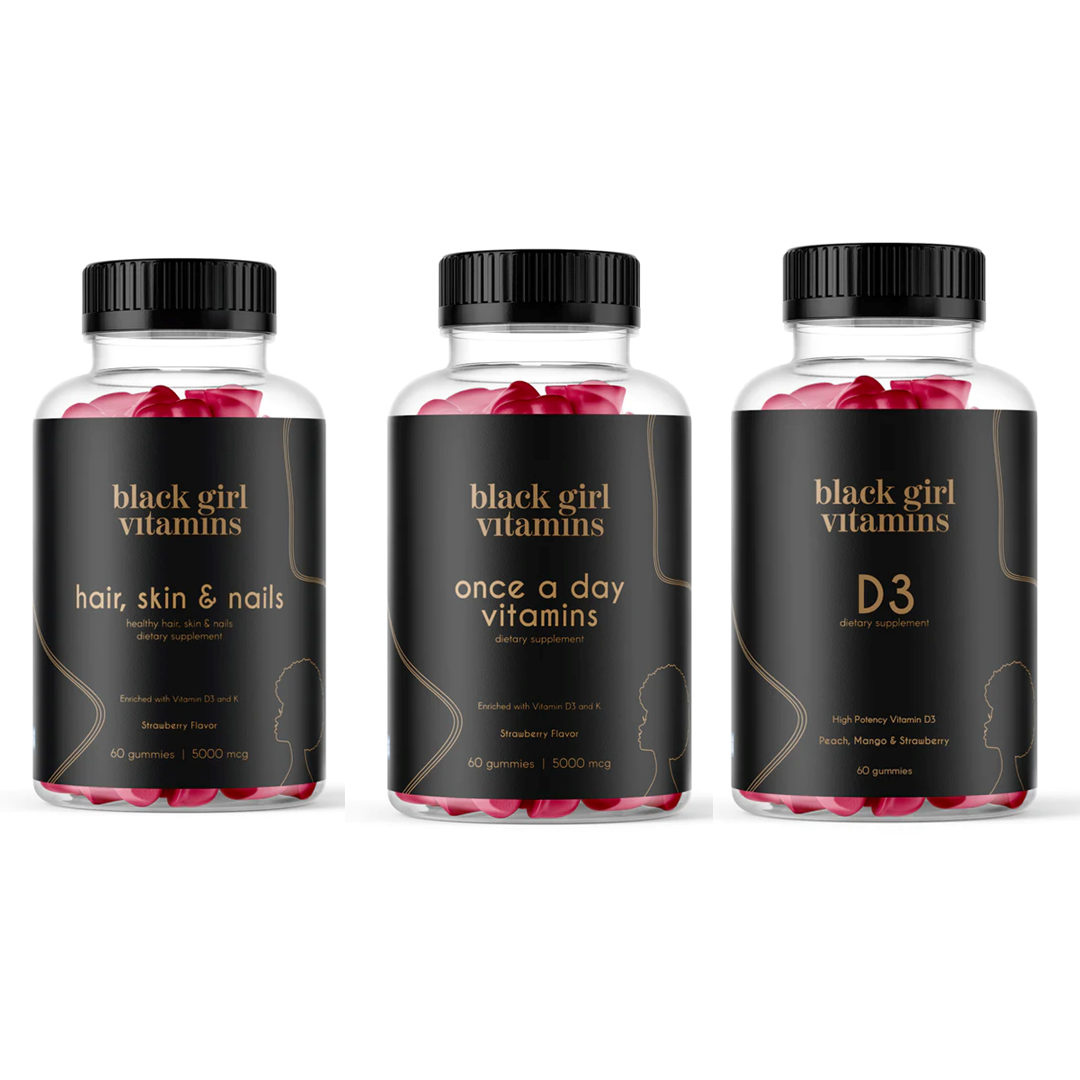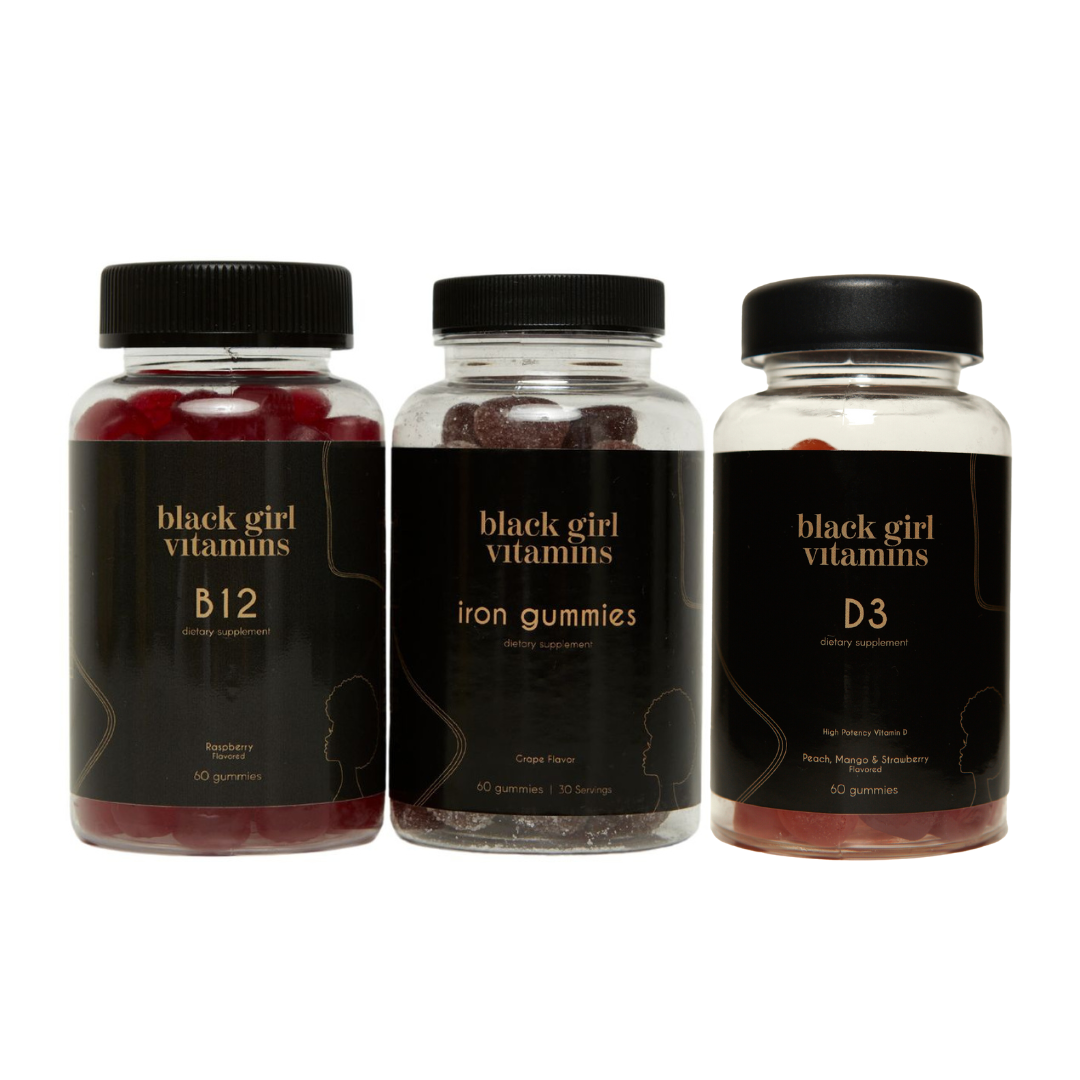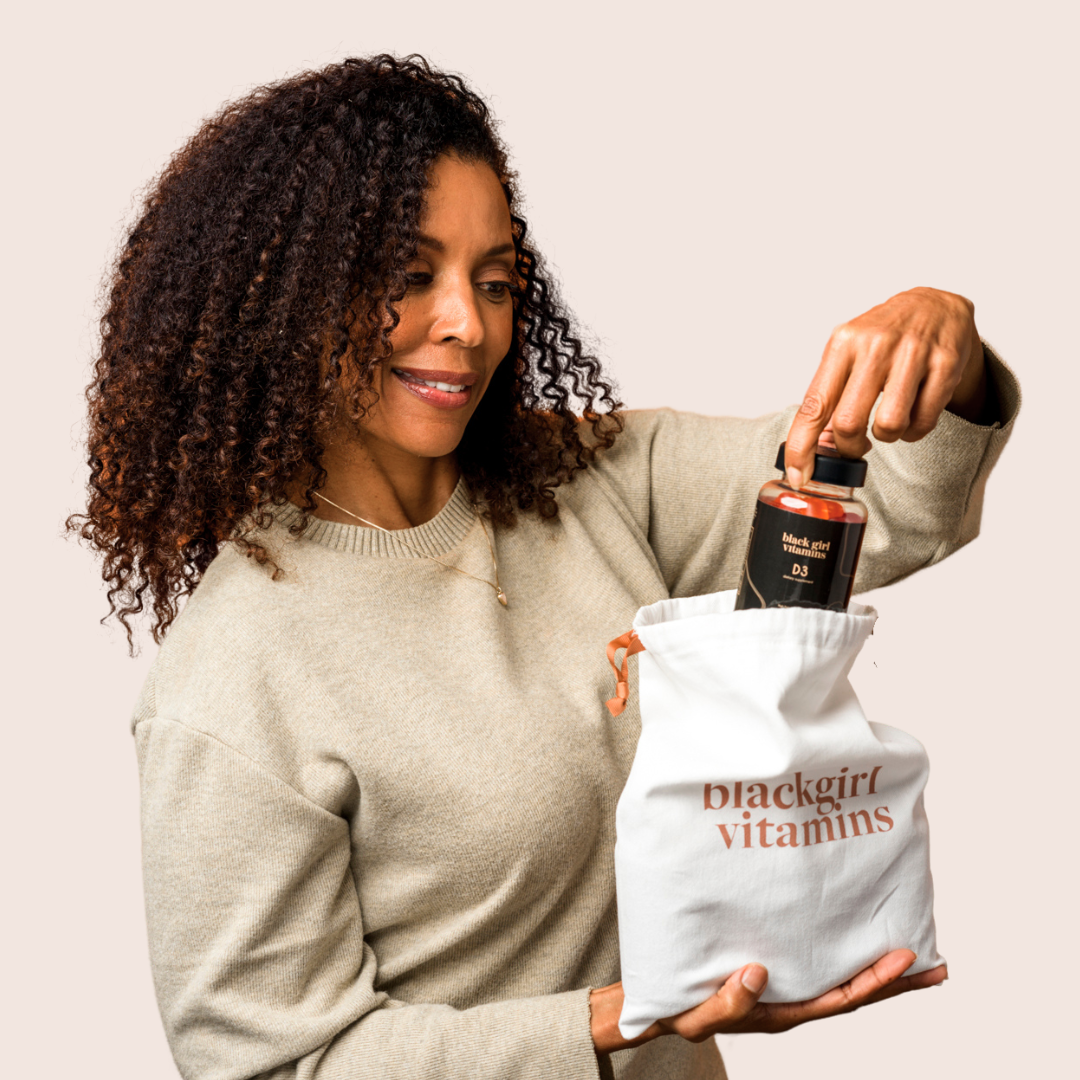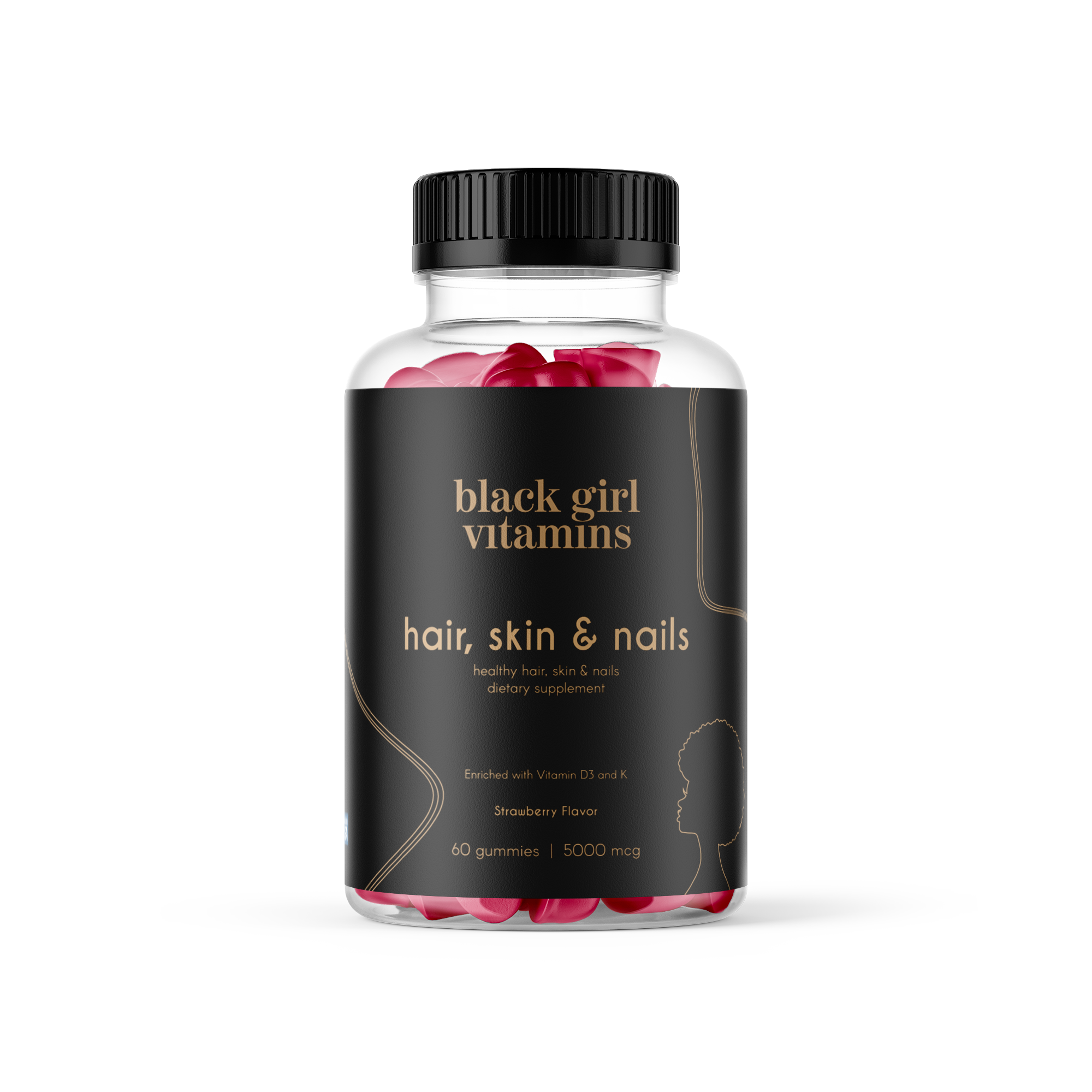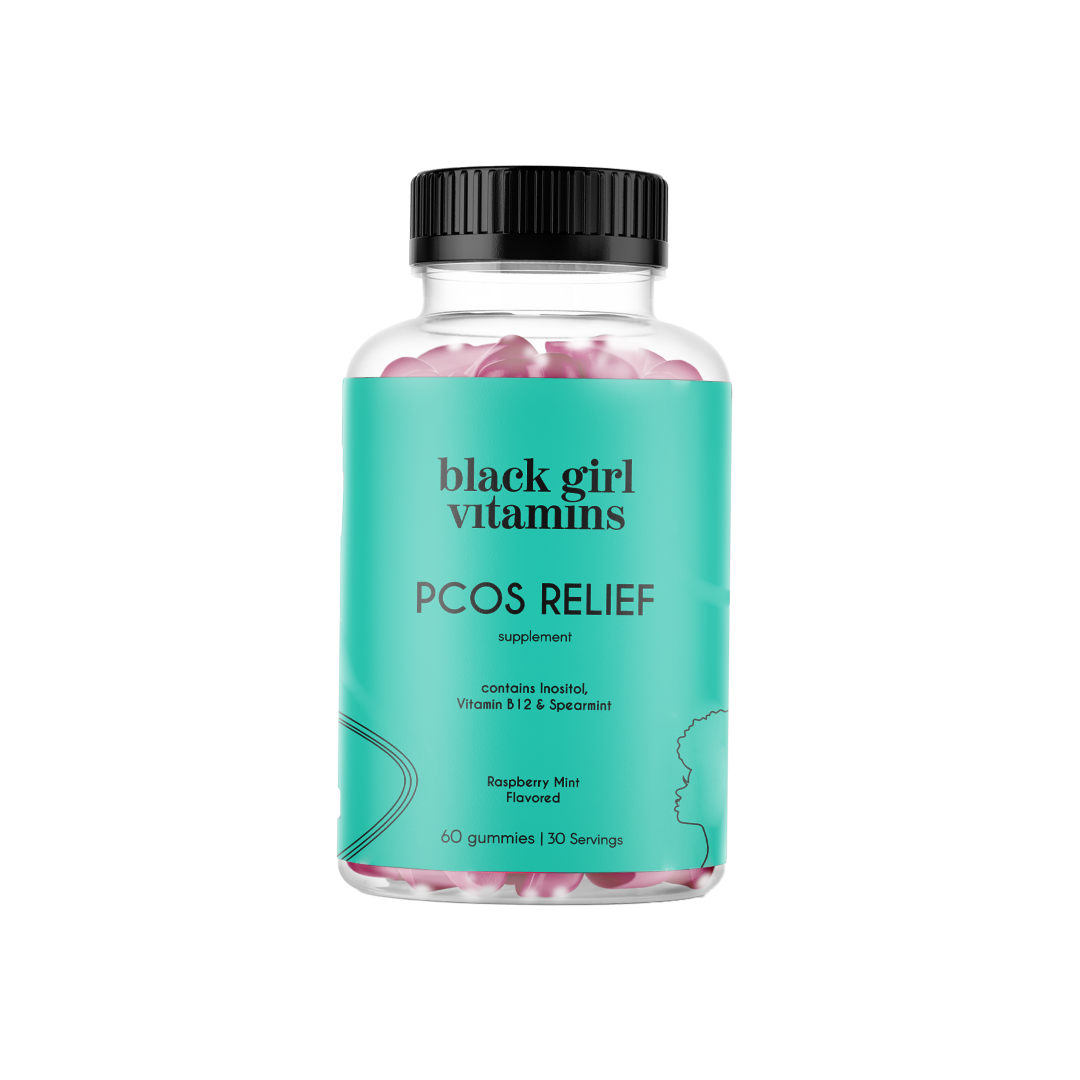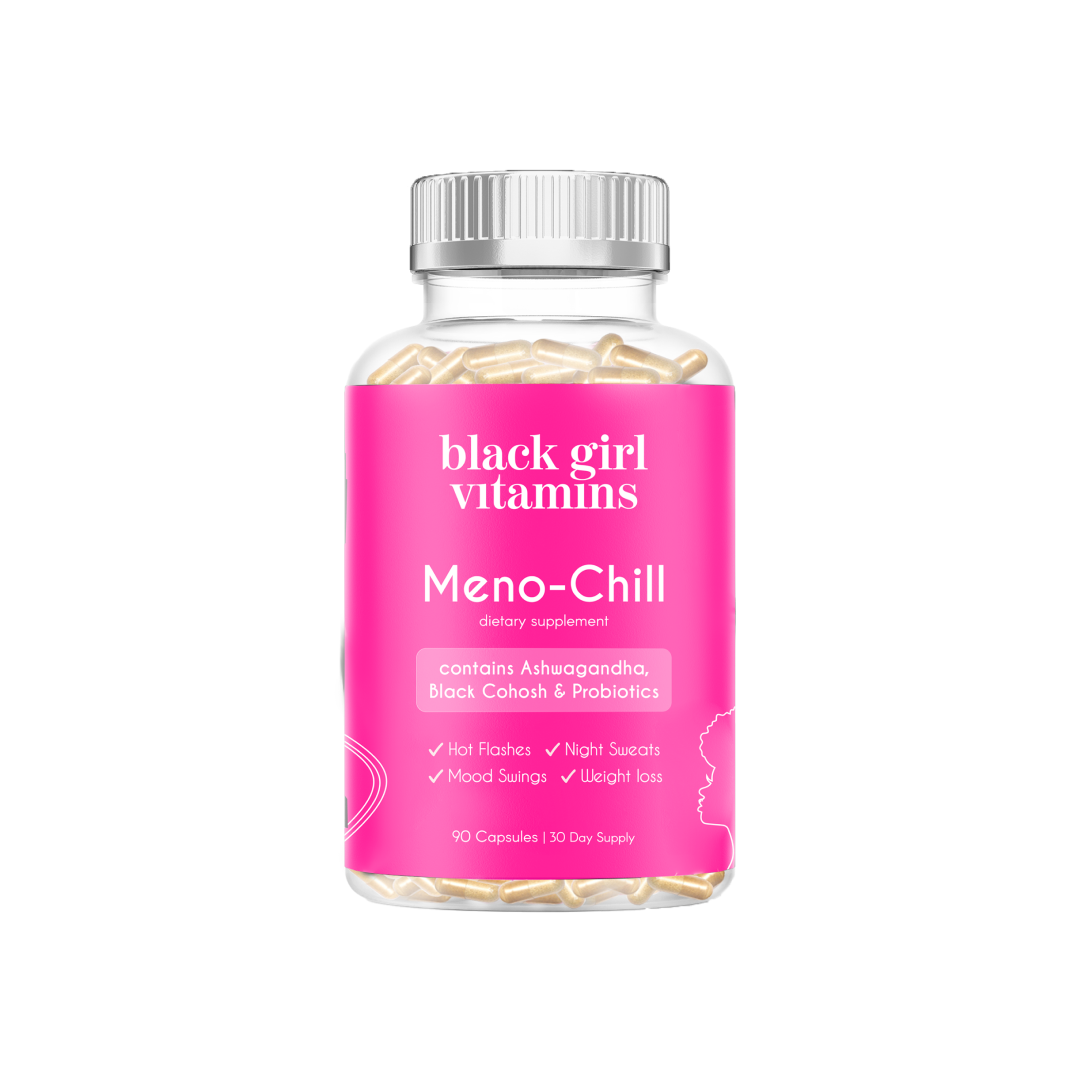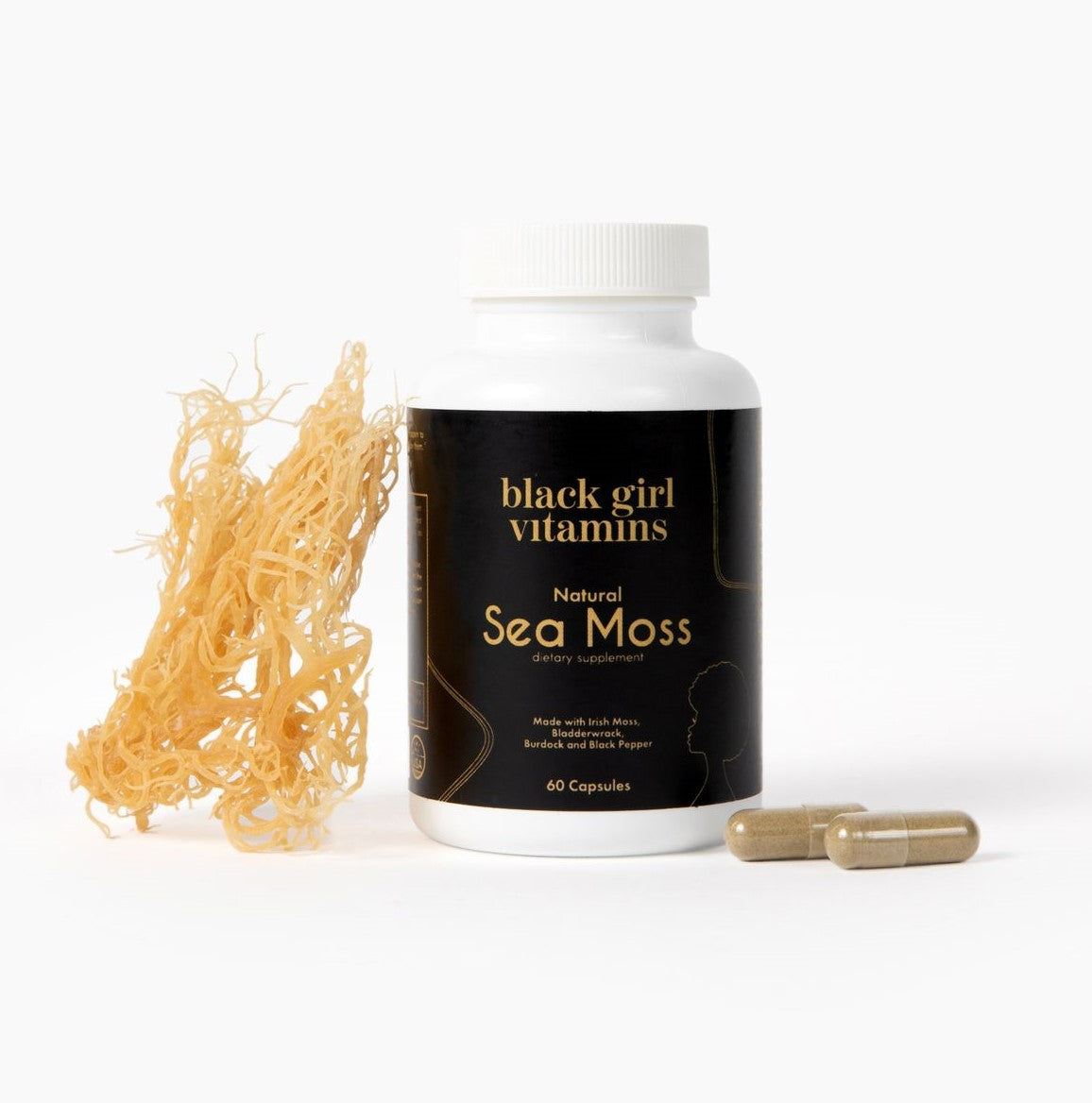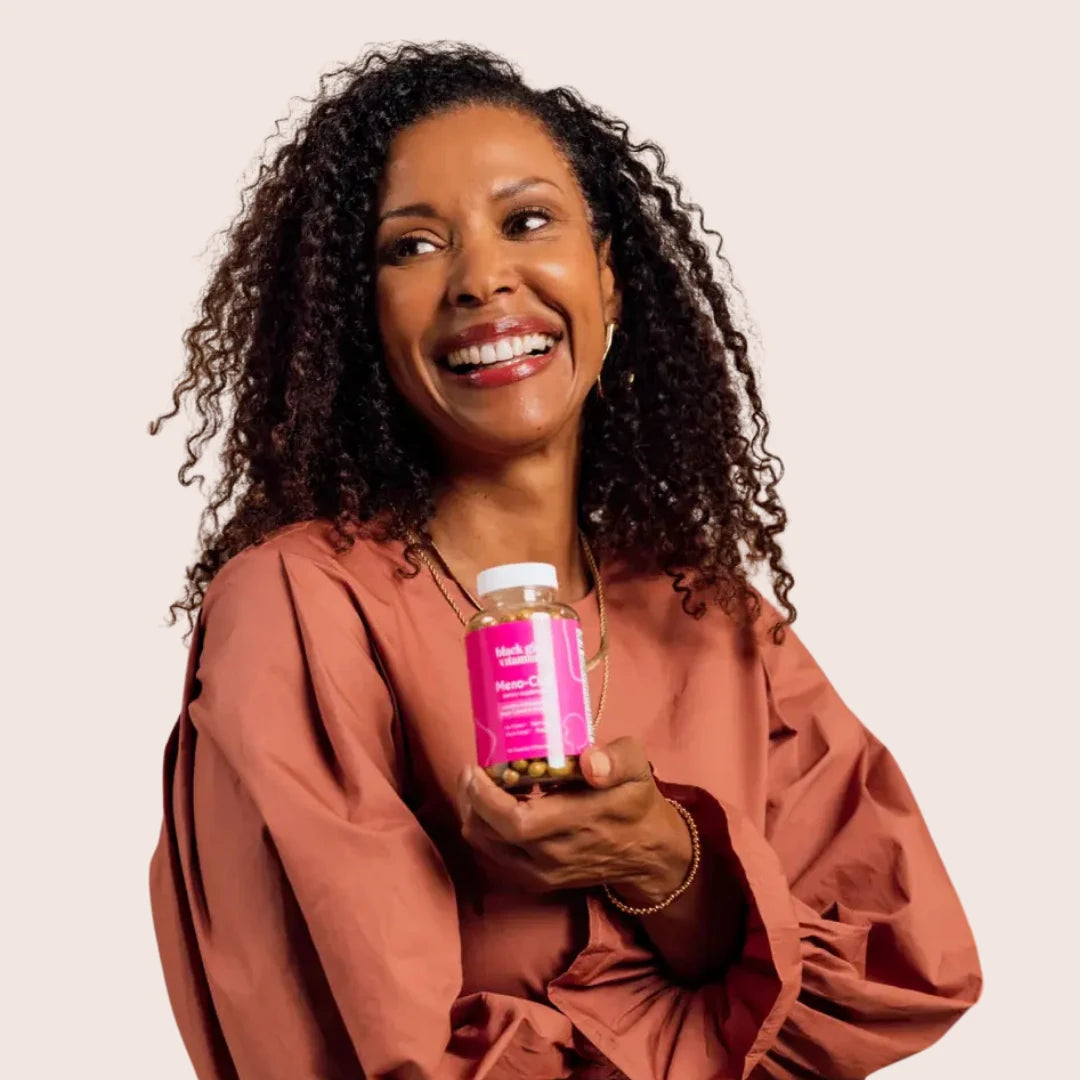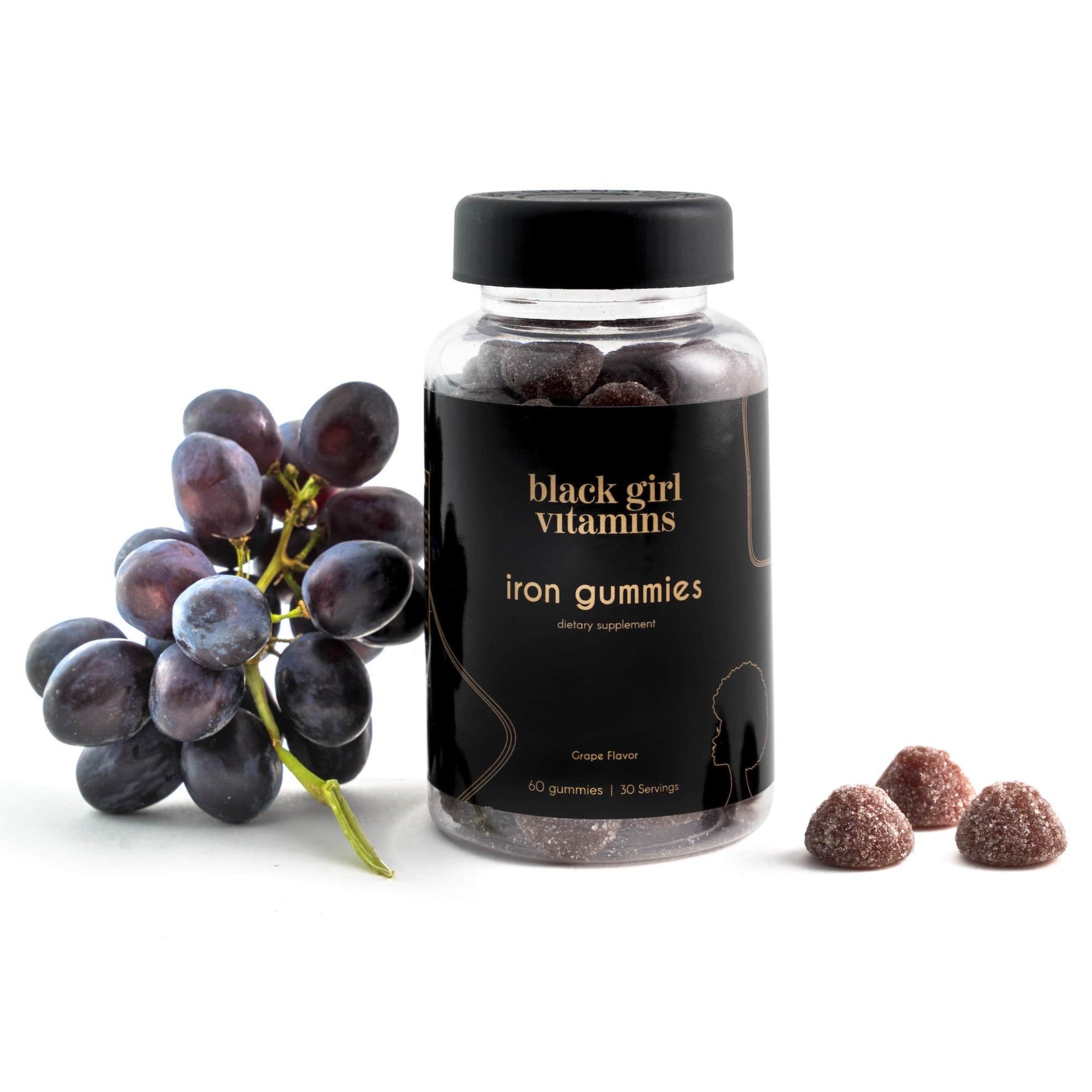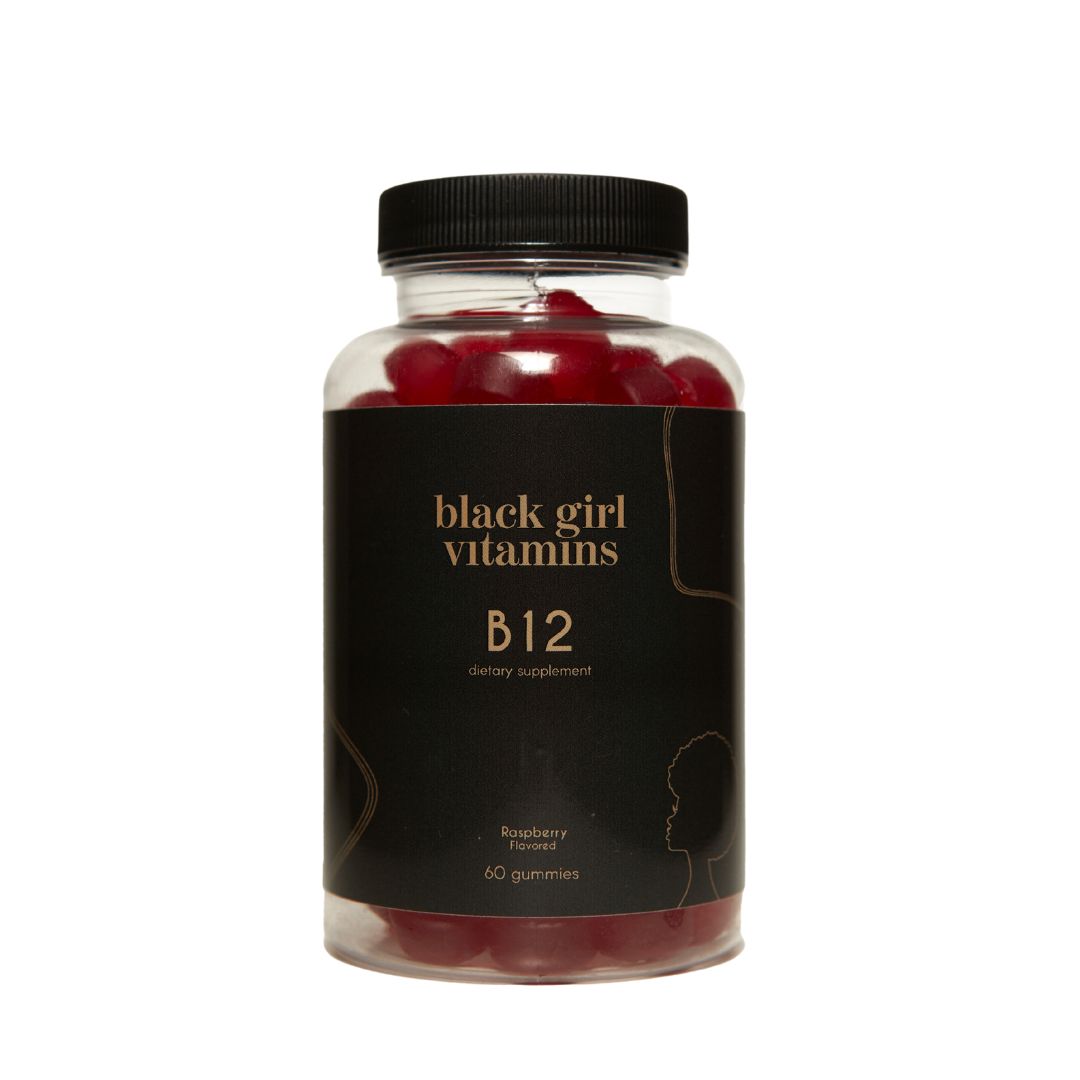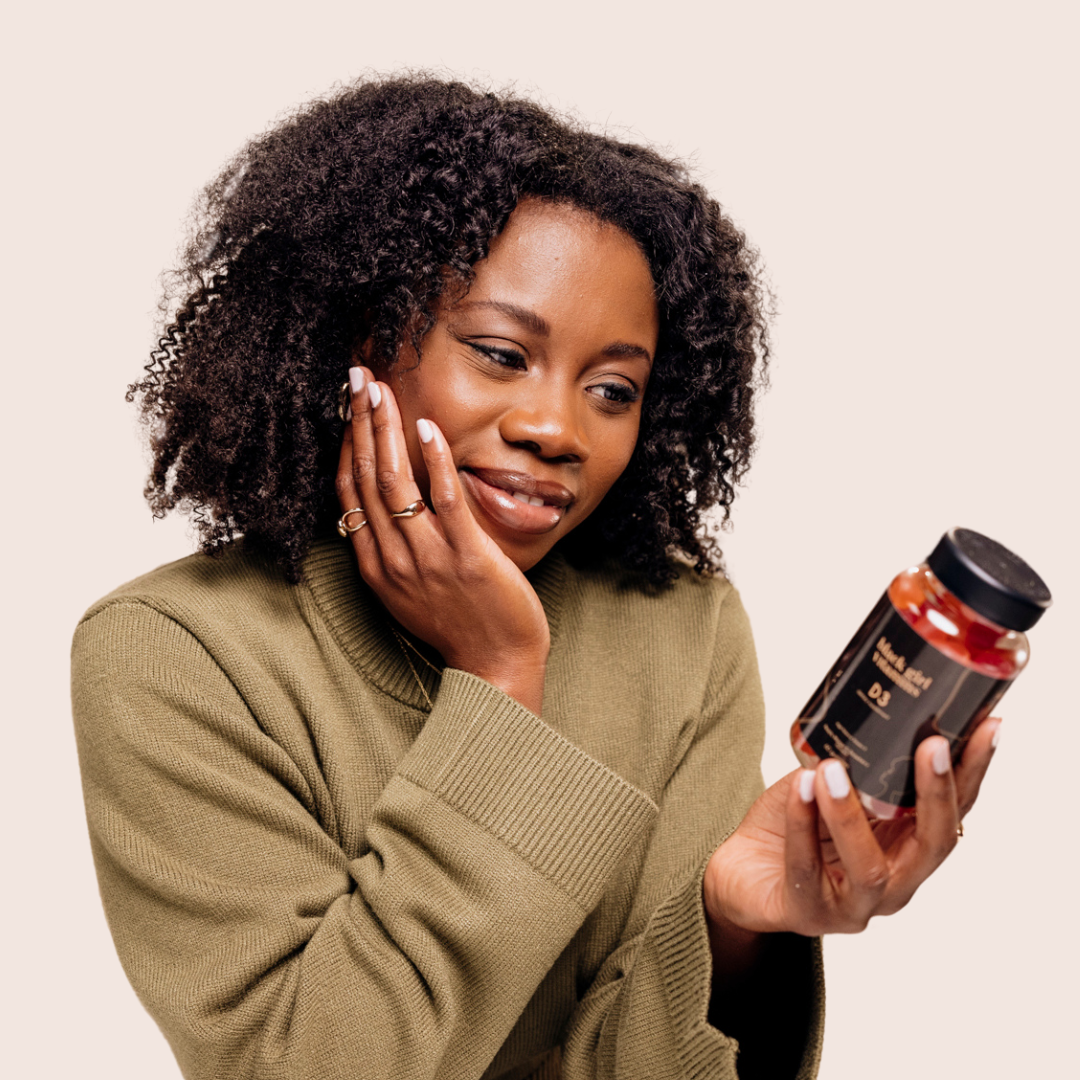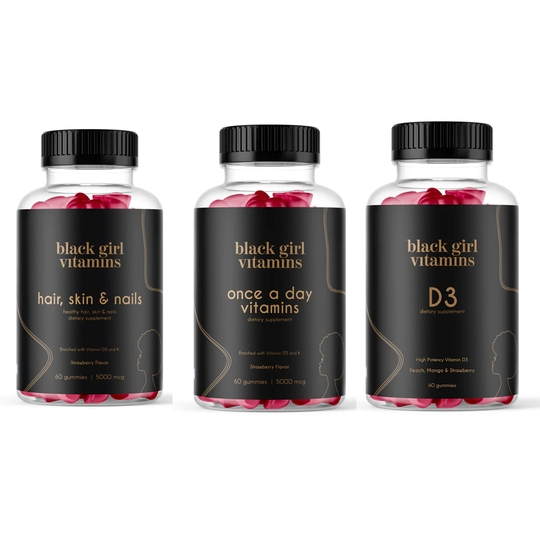Why PCOS Is Often Misdiagnosed and the Signs You Shouldn’t Ignore
Introduction
For too many Black women, the path to a polycystic ovary syndrome (PCOS) diagnosis is long, confusing, and frustrating. Symptoms like weight changes, painful periods, fatigue, and hair growth are often brushed off, leaving women without real answers for years. Instead of receiving care, many of us are told to just “lose weight” or “take birth control” as if that’s enough.
But the truth is, PCOS is one of the most common hormonal disorders in women of reproductive age, and it impacts Black women in unique and overlooked ways. Delayed or missed diagnoses don’t just add to our physical symptoms — they weigh on our mental health, fertility journeys, and overall wellness.
This blog unpacks why PCOS often gets missed in Black women, the signs you shouldn’t ignore, and how to find relief that’s made with you in mind.
Why PCOS Gets Missed
Overlapping Symptoms with Other Conditions
PCOS doesn’t show up the same way in every woman. For some, it’s irregular or missing periods. For others, it’s sudden weight changes, fertility struggles, or excess facial hair. To make it even more complicated, PCOS symptoms overlap with other common health issues in Black women, like fibroids, endometriosis, and thyroid disorders.
Because of this, providers often chalk up our concerns to something else or don’t investigate further. This creates a cycle of misdiagnosis — years of bouncing between doctors without clear answers.
Medical Dismissal of Black Women’s Symptoms
The reality is, racial bias in medicine plays a huge role. Black women’s pain and symptoms are too often minimized, ignored, or dismissed. Studies show that Black women with PCOS are more likely to be misdiagnosed or underdiagnosed compared to white women (Capital B, 2023).
Instead of investigating the root cause of symptoms like hair growth or painful periods, doctors may reduce our concerns to weight, diet, or lifestyle — failing to recognize PCOS as the underlying issue.
Underfunding and Lack of Research
Even though PCOS is incredibly common, it’s also underfunded and under-researched, leaving big gaps in how it’s understood and treated. For Black women, those gaps are even wider. Many of the studies that do exist don’t focus on racial differences in PCOS presentation, meaning doctors may not recognize how it looks in us (Capital B, 2023).
All of this leaves Black women waiting years for a proper diagnosis — if we ever get one at all.
Signs of PCOS to Pay Attention To
Even if providers aren’t always listening, it’s important to listen to your body. Here are signs that may indicate PCOS:
-
Irregular, heavy, or painful periods
-
Unexplained weight gain or difficulty losing weight
-
Acne, excess facial/body hair, or thinning hair on the scalp
-
Trouble with fertility or ovulation
-
Fatigue, mood swings, or depression
If these sound familiar, it may be worth asking your doctor specifically about PCOS. Being clear, direct, and self-advocating during appointments can sometimes make a difference.
How PCOS Causes Weight and Hormone Imbalances
One of the most frustrating parts of PCOS is the impact on weight and metabolism. Insulin resistance — when the body struggles to use insulin effectively — is common in women with PCOS. This can lead to higher blood sugar, cravings, and yes, weight gain that feels impossible to control.
But it’s not just about weight. Hormonal imbalances also trigger symptoms like irregular cycles, acne, and hair changes. That’s why focusing only on weight loss, as many providers suggest, misses the bigger picture. PCOS relief should target hormones, inflammation, and overall balance — not just the scale.
Finding Relief Made for You
Natural Support with Supplements
While there’s no “cure” for PCOS, there are ways to manage it and bring some relief. Natural supplements can help regulate hormones, improve cycle regularity, and support overall wellness.
That’s exactly why we created Black Girl Vitamins PCOS Relief Gummies. They’re made with ingredients chosen to:

-
Support healthy hormone balance
-
Promote regular periods
-
Ease mood swings and fatigue
-
Provide everyday peace of mind
Shop PCOS Relief Gummies
Lifestyle and Diet Adjustments

Managing PCOS also means looking at everyday habits. Small shifts can make a big difference over time, like:
-
Eating balanced meals with fiber, protein, and healthy fats
-
Limiting processed sugar to help manage insulin resistance
-
Adding gentle movement like walking, yoga, or strength training
-
Managing stress, since high cortisol can worsen hormone imbalances
These changes aren’t about perfection, but about creating balance that works for your body.
Real Talk: Mental Health Matters
Dealing with PCOS after years of dismissal or misdiagnosis, isn’t just a physical dilemma. It can take a heavy emotional toll. Constant fatigue, weight changes, or fertility struggles can feel isolating.
If you’re navigating these challenges, remember: you’re not alone, and your feelings are valid. Seeking support from a therapist, community, or even other Black women sharing their stories online can help lighten the load.
When to See a Doctor
It’s important to keep pushing for answers when your body feels off. Consider seeing a provider if you:
-
Have missed or irregular periods
-
Notice sudden hair growth, acne, or thinning hair
-
Struggle with unexplained weight gain
-
Experience difficulty conceiving
-
Feel extreme fatigue, mood swings, or depression
And most importantly: don’t let dismissal stop you from seeking care. If one doctor won’t listen, get a second opinion. Your health deserves attention.
Conclusion
PCOS misdiagnosis is far too common, especially for Black women. Overlapping symptoms, racial bias in healthcare, and underfunding in research all add up to years of missed care (Capital B, 2023).
But knowing the signs, advocating for yourself, and finding relief that’s made for you can make a difference. Whether it’s through lifestyle changes, supplements like BGV’s PCOS Relief Gummies, or connecting with a supportive community, you deserve more than dismissal — you deserve care.
Shop PCOS Relief Gummies





